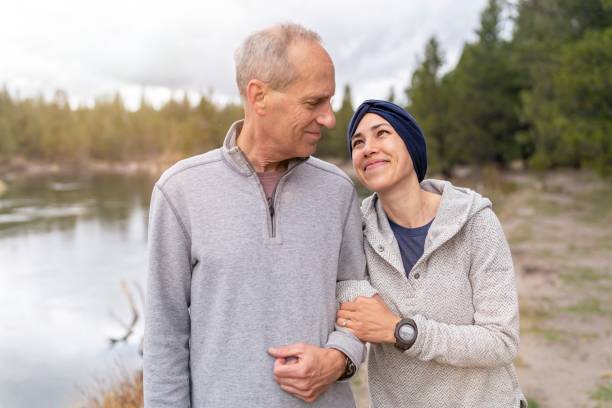Supporting Caregivers

Family members and other individuals who take on caregiving roles can face many challenges:
- uncertainty related to the patient’s health status
- changes in roles and responsibilities
- limited time for self-care
- feeling unprepared to help coordinate the patient's medical care and manage patient’s symptoms and treatment side effects
Not surprisingly, caregivers often report high levels of stress, anxiety, and depression.
Our research is focused on developing and testing programs to help support caregivers alongside patients who are coping with serious illnesses. Caregivers benefit from learning coping skills for self-care as well as skills to help the patient manage symptoms. These skills can help caregivers feel more confident that they can manage caregiving responsibilities and can lead to improvements in their well-being and that of the patient.
Psychosocial Support Program for Caregivers of Patients with Glioblastoma
We are currently testing a program for family caregivers of patients with glioblastoma. The goals of the program are to provide caregivers with information and skills to improve distress, manage patient symptoms, and enhance communication and overall well-being. The intervention is delivered in six sessions via videoconference. Some sessions are designed for caregivers alone, while other sessions may also include patients if they would like to participate.
This study is funded by the Glioblastoma Foundation.